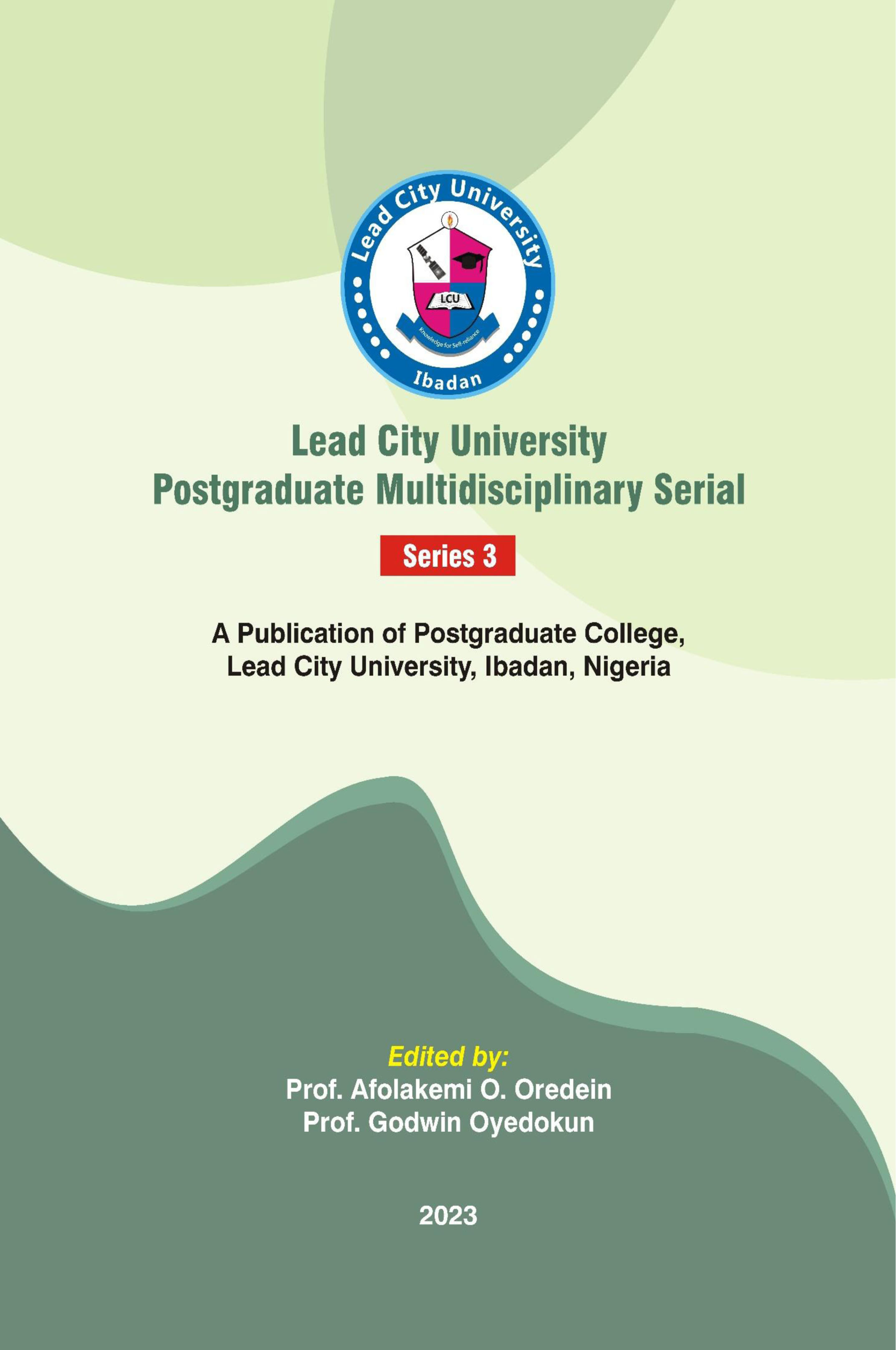Balancing Micromanagement and Sustainable Development in Nigerian Secondary Schools: A Pathway to Educational Excellence
Keywords:
Balancing, Micromanagement, Sustainable Development, Educational ExcellenceAbstract
Sustainable development, as defined by the United Nations, is the practice of meeting the needs
of the present generation without compromising the ability of future generations to meet their
own needs. In the context of Nigerian secondary schools, achieving educational excellence
while maintaining sustainable development requires a delicate balance between
micromanagement and fostering an environment conducive to holistic growth.
Micromanagement in the education sector often leads to a rigid curriculum, excessive
administrative control, and limited autonomy for teachers and students. On the other hand,
sustainable development necessitates a more flexible and inclusive approach, where students
are empowered to become critical thinkers and problem solvers. Fostering a collaborative and
participatory school culture, providing professional development opportunities for teachers,
and implementing learner-centered pedagogies are key components of achieving educational
excellence while maintaining sustainable development. Through an extensive review of
literature, this paper explore the challenges and potential solutions for balancing
micromanagement and sustainable development in Nigerian secondary schools, with a focus
on achieving educational excellence. It further identifies the need for policy reforms and
institutional changes that support a more balanced approach to education management and
provide valuable insights for policymakers, school administrators, and educators in achieving
a harmonious balance between micromanagement and sustainable development in Nigerian
secondary schools, ultimately leading to improved educational outcomes and a brighter future
for generations to come. Recommendations include revising curriculum frameworks to
incorporate sustainability principles, empowering school communities to have a voice in
decision-making processes, and investing in infrastructure and resources that promote
sustainable practices

